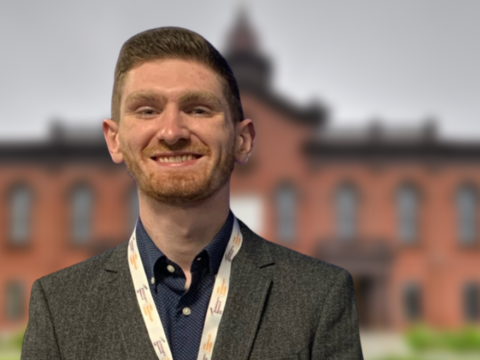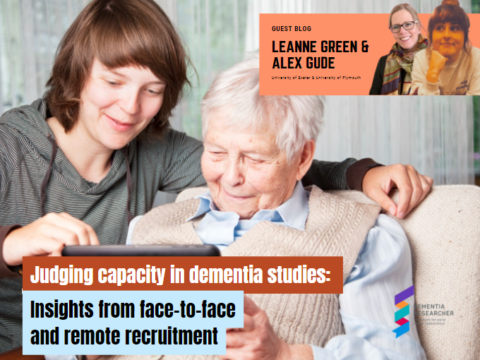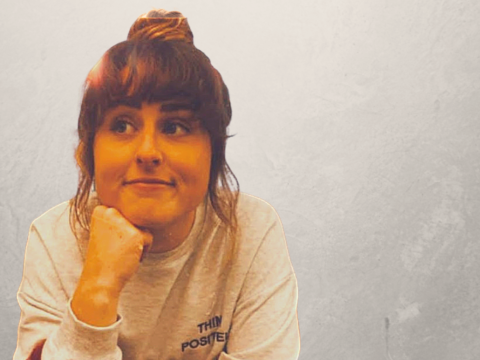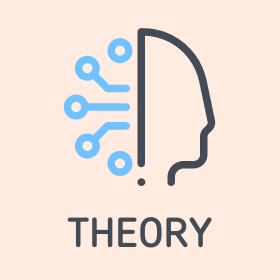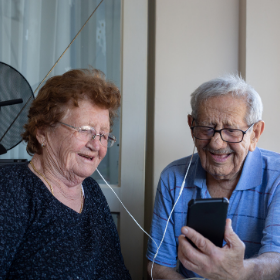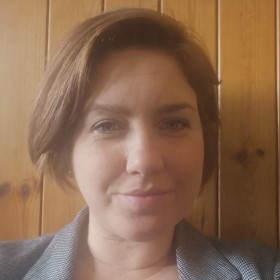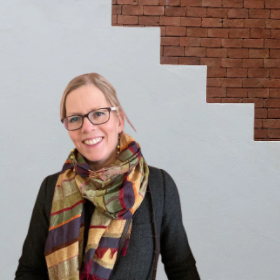
Alex Gude
Name:
Alex Gude
Job title:
Research Assistant
Place of work / study:
Area of Research:
I work as a researcher on a number of projects including DPACT, (Dementia- PersonAlised Care Team), a project which aims to develop and evaluate a system for dementia support based in general practice for people living with dementia and their carers.
How is your work funded?
D-PACT is funded by the National Institute for Health Research (NIHR) Programme Grant for Applied Research (PGfAR).
Tell us a little about yourself:
Having worked as a social worker with children and families for 10 years, I moved into research in 2016 and have worked on a number of projects as part of the Community and Primary Care Research Group at the University of Plymouth. All the projects I choose to work on are aimed at improving the mental health and wellbeing of the participants involved. I have a partner and two daughters, who are 11 and 14, delightful and make me laugh a lot!
Tell us a fun fact about yourself:
One of my favourite hobbies is climbing / bouldering, especially outside for example on Dartmoor. I find it a totally absorbing activity, physically and mentally, and always feel better after a session!
Why did you choose to work in dementia?
My grandma lived with dementia and I was aware of how little people understood about her and her needs. I chose to work in dementia in the hope of being involved in a study which improves support available to people living with dementia and their carers by recognising each person as an individual, with their own experiences, hopes and needs.
What single piece of advice would you give to an early career researcher?
Make a career plan and stick at it! Read about the Helsinki Bus Station Theory – and stay on the bus!
What book are you reading right now? Would you recommend it?
I’ve just finished Cal Flynn’s ‘Islands of Abandonment’, in which she describes what happens in places which have been deserted by humans for various reasons, and how nature continues to find a way to survive despite human impact. I would definitely recommend it.
Can we find you on Twitter & Instagram?
No sorry

 Print This Post
Print This Post